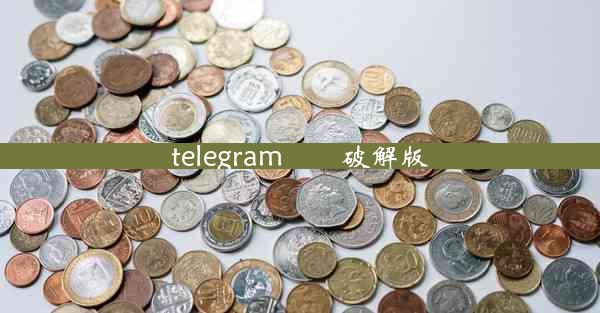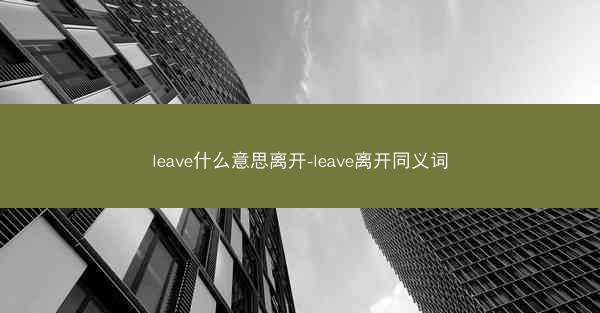
本文旨在全面探讨英语单词leave的用法及其相关短语。通过分析leave在动词和名词两种词性下的不同用法,以及其在日常交流中的常见短语,本文旨在帮助读者深入理解并正确运用leave这一词汇。
Leave作为动词的用法
Leave作为动词,主要表示离开、留下或剩下等含义。以下是对其用法的详细阐述:
1. 离开某地或某人
- I will leave the office at 5 pm.(我将在下午5点离开办公室。)
- She left her phone at home.(她把手机忘在家里了。)
2. 留下某物
- Please leave the door open.(请把门开着。)
- Don't leave the lights on when you go out.(你出去时别忘了关灯。)
3. 剩下
- After eating, there was only one apple left.(吃完后只剩下一个苹果了。)
Leave作为名词的用法
Leave作为名词,通常指假期、许可或空间等概念。
1. 假期
- She is on leave for two weeks.(她休假两周。)
- He has applied for a leave of absence.(他已经申请了休假。)
2. 许可
- You need a leave to enter the restricted area.(你需要许可才能进入限制区域。)
- The teacher gave us leave to go to the bathroom.(老师允许我们去洗手间。)
3. 空间
- There is a small leave between the two buildings.(两栋楼之间有一小块空地。)
Leave的短语用法
Leave在英语中常与其他词汇结合形成短语,以下是一些常见的短语:
1. Leave alone
- Leave him alone; he's just tired.(让他自己待着吧,他只是累了。)
- Don't touch the cake; leave it alone.(别碰蛋糕,让它放着。)
2. Leave behind
- Don't leave your wallet behind when you go out.(你出去时别忘了带钱包。)
- She left behind a lot of important documents.(她留下了很多重要的文件。)
3. Leave out
- Don't leave out any details when you tell the story.(讲故事时不要遗漏任何细节。)
- He left out the most important part of the plan.(他漏掉了计划中最重要的一部分。)
通过对leave的用法及其相关短语的详细分析,我们可以看到这个单词在英语中的多样性和重要性。无论是作为动词还是名词,leave都能在句子中扮演关键角色,表达丰富的含义。掌握leave的正确用法和短语,将有助于我们更准确地表达思想,提高英语交流的效率。
 纸飞机下载
纸飞机下载










